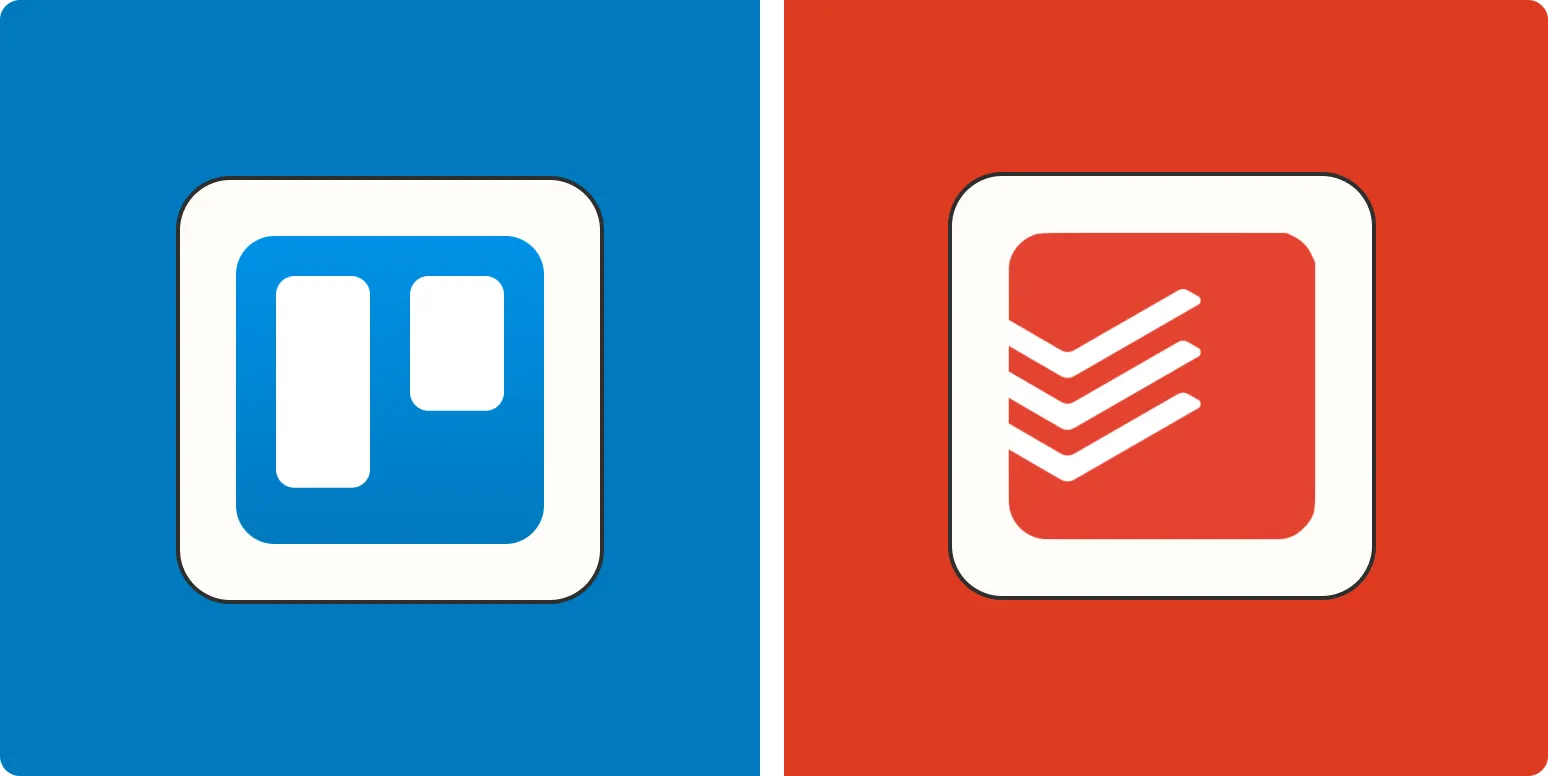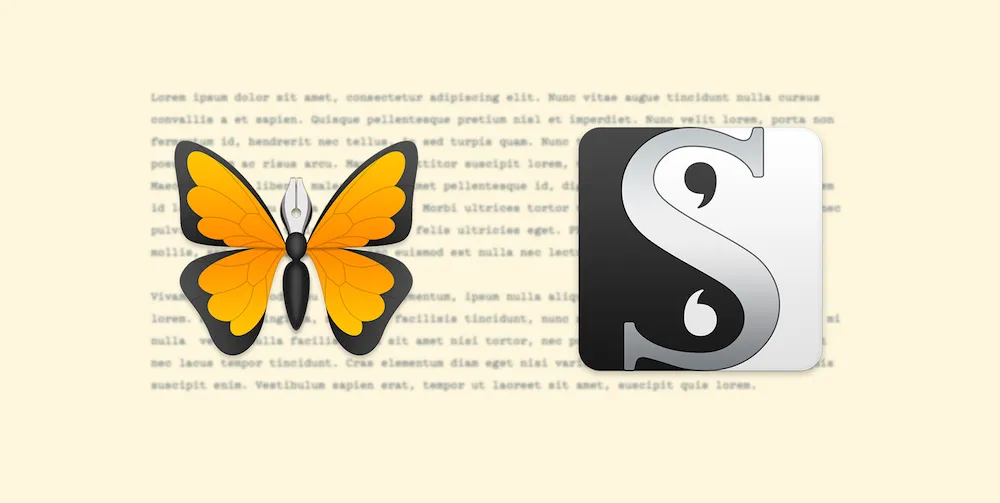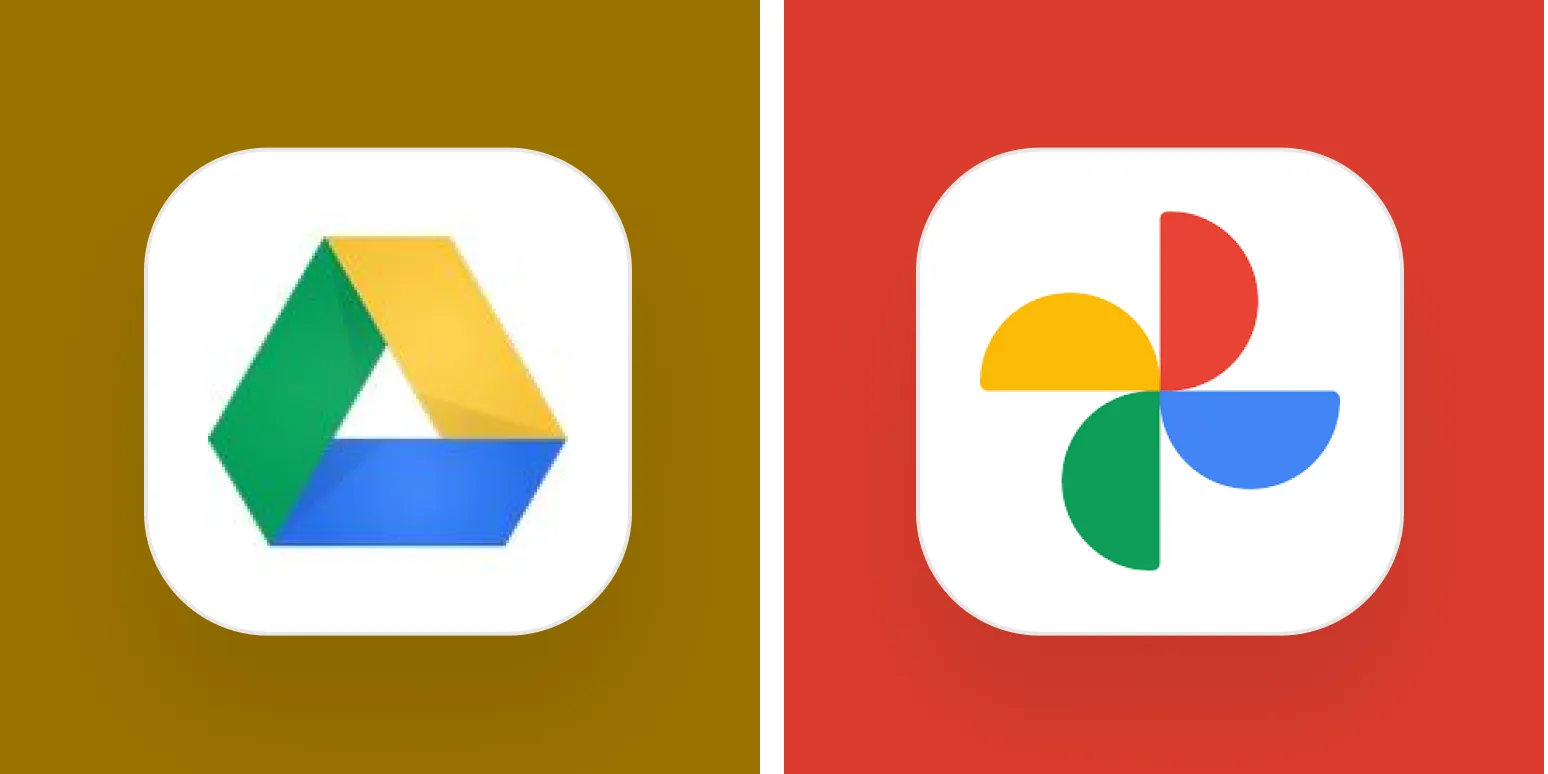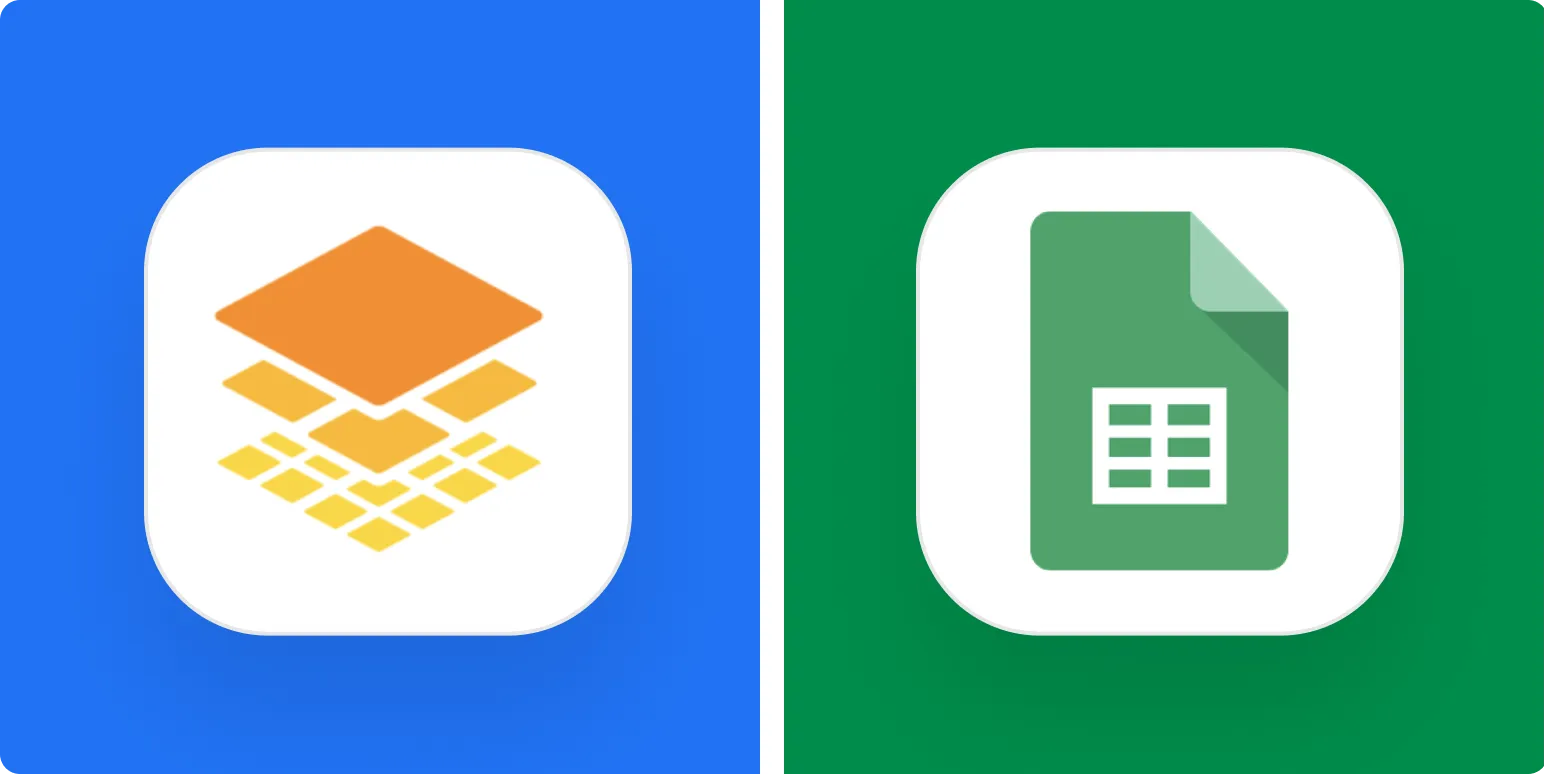Overview of Trello and Todoist
Trello and Todoist are two of the most popular productivity tools available today, each offering unique features that cater to different user needs. While Trello is renowned for its visual project management capabilities, Todoist excels in task organization and prioritization. In this comparison, we’ll explore the strengths and weaknesses of both applications to help you decide which one is right for you in 2025.
User Interface and Experience
Both Trello and Todoist provide intuitive user interfaces, but they cater to different styles of productivity. Trello uses a card-based layout where users can create boards, lists, and cards to organize tasks visually. This Kanban-style approach is particularly effective for teams working on projects that require collaboration and transparency.
On the other hand, Todoist adopts a list-based approach that emphasizes task management and prioritization. Users can easily create tasks, set due dates, and assign labels to organize their to-do lists. The simplicity of Todoist makes it ideal for individuals who prefer a straightforward task management system.
Features Comparison
| Features | Trello | Todoist |
|---|---|---|
| Task Management | Card-based organization | List-based task management |
| Collaboration Tools | Real-time collaboration, comments, and attachments | Task sharing with comments |
| Integrations | Extensive integrations with apps like Slack, Google Drive | Integrates with various apps including Google Calendar and Zapier |
| Mobile App | Available for iOS and Android | Available for iOS and Android |
| Pricing | Free with premium options | Free with premium options |
Task and Project Management
Trello shines in ''project management'' due to its visual layout, making it easy for teams to see the status of various tasks at a glance. Users can move cards across lists to represent progress, which is beneficial for tracking workflows. This feature is particularly useful in agile methodologies, where tasks often shift based on team dynamics.
Conversely, Todoist is geared more towards individual task management. It allows users to create subtasks, set priorities, and even establish recurring tasks, making it easier to manage daily activities. This level of organization is ideal for users who need to focus on personal productivity rather than team collaboration.
Collaboration Features
Collaboration is a key aspect of productivity tools, and Trello excels in this area. With features like real-time updates, comments, and file attachments, Trello allows teams to work together seamlessly. Users can assign tasks to team members, making it clear who is responsible for what. This transparency fosters better communication and accountability among team members.
Todoist offers collaboration features but on a smaller scale. While you can share projects and comment on tasks, it lacks the immersive collaborative experience that Trello provides. This makes Todoist a suitable choice for individuals or small teams who do not require extensive collaboration tools.
Pricing Plans
Both Trello and Todoist offer free versions with basic features, allowing users to try them out before committing to a paid plan. Trello’s free version has limitations on the number of boards and advanced features, while Todoist’s free version allows for task management without some premium functionalities.
In terms of pricing, Trello offers a premium plan that unlocks advanced features like additional automation and integrations. Todoist also offers a premium plan with features such as reminders, labels, and task comments. Users should consider what features are most important to them when evaluating the cost of each tool.
Final Thoughts: Which Should You Choose?
The decision between Trello and Todoist largely depends on your personal or team’s workflow and productivity style. If you are working on projects that require visual organization and collaboration, Trello is the better option. Its card-based layout and extensive integration capabilities make it ideal for teams looking to manage tasks visually.
On the other hand, if you are an individual seeking a straightforward task management system that focuses on personal productivity, Todoist is the way to go. Its simple interface and robust task management features make it an excellent choice for getting things done efficiently.
Ultimately, both tools have their strengths, and the best choice will depend on your specific needs and preferences. Consider your workflow, the importance of collaboration, and how you prefer to manage tasks when making your decision for 2025.





